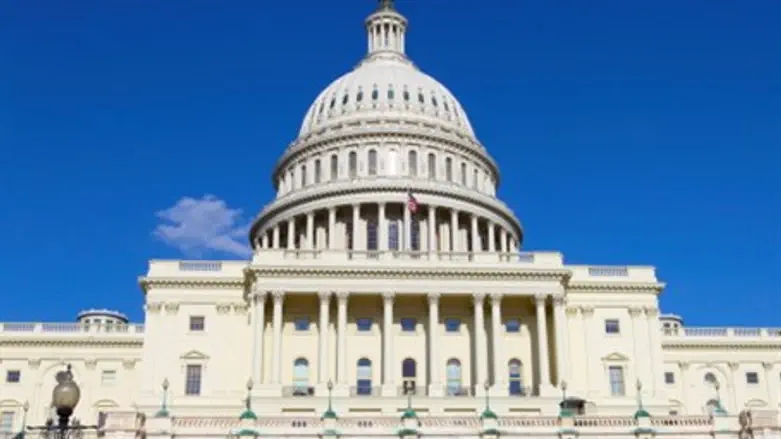
A rebellion by conservative Republicans in the House of Representatives on Wednesday delayed Congress' first vote on the Iran nuclear deal, Reuters reported.
In fact, the delay raised the possibility that lawmakers might never vote on a resolution disapproving of the pact.
The House was supposed to vote on a procedural motion to begin debate on Wednesday, but it was put off after some Republicans said they wanted to push President Barack Obama to provide more information about the deal.
Instead, House Republican leaders scheduled a late afternoon meeting to discuss how to proceed, according to Reuters.
Congress has until September 17 to vote on the nuclear agreement between the United States, five other world powers and Tehran.
A resolution of disapproval, if passed, would sink the deal, under which Iran gains relief from sanctions in return for curbing its nuclear program, by eliminating Obama's ability to waive many U.S. sanctions on Iran.
Obama has already secured enough votes from his fellow Democrats to sustain a veto of the measure, even if the Republican-led Congress approves it.
Only four Senate Democrats stand opposed to the agreement, including Chuck Schumer, who is expected to be the next Democratic leader in 2017. Also opposed are New Jersey's Bob Menendez and Maryland’s Ben Cardin.
The rebel Republicans, led by Representative Peter Roskam who has been one of the most vocal opponents of the Iran deal, said the Obama administration had not provided all the required information about the deal. They said it includes "secret side deals" about nuclear inspections that have not been fully revealed.
The White House dismissed that suggestion. "If Congress does not vote, this agreement goes into effect. It's as simple as that," spokesman Eric Schultz said, according to Reuters.
Senate Republicans also expressed doubts. "As I understand the law... we have to act before Sept. 17, which is next week, or the deal goes forward," Senate Majority Leader Mitch McConnell told reporters.
